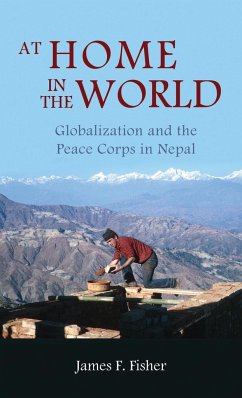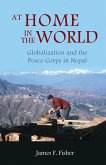A detailed first-hand account-and critical analysis-of the impact of the first contingent of American Peace Corps volunteers to live and work in Nepal, arriving in 1962 just following the King's seizure of absolute power and the tentative opening of the country to the outside world. The account not only explores the successes and failures of the volunteers in their efforts to have a positive effect on Nepalese development, but also the reverse effects of their transformative experience on the lives of the volunteers themselves. The narrative is further expanded as the author places the mission in the broader perspective of the globalization process that has so expanded our world in the past 50 years. A richly rewarding account for all with interests in globalization, social change, and transnational anthropology.








